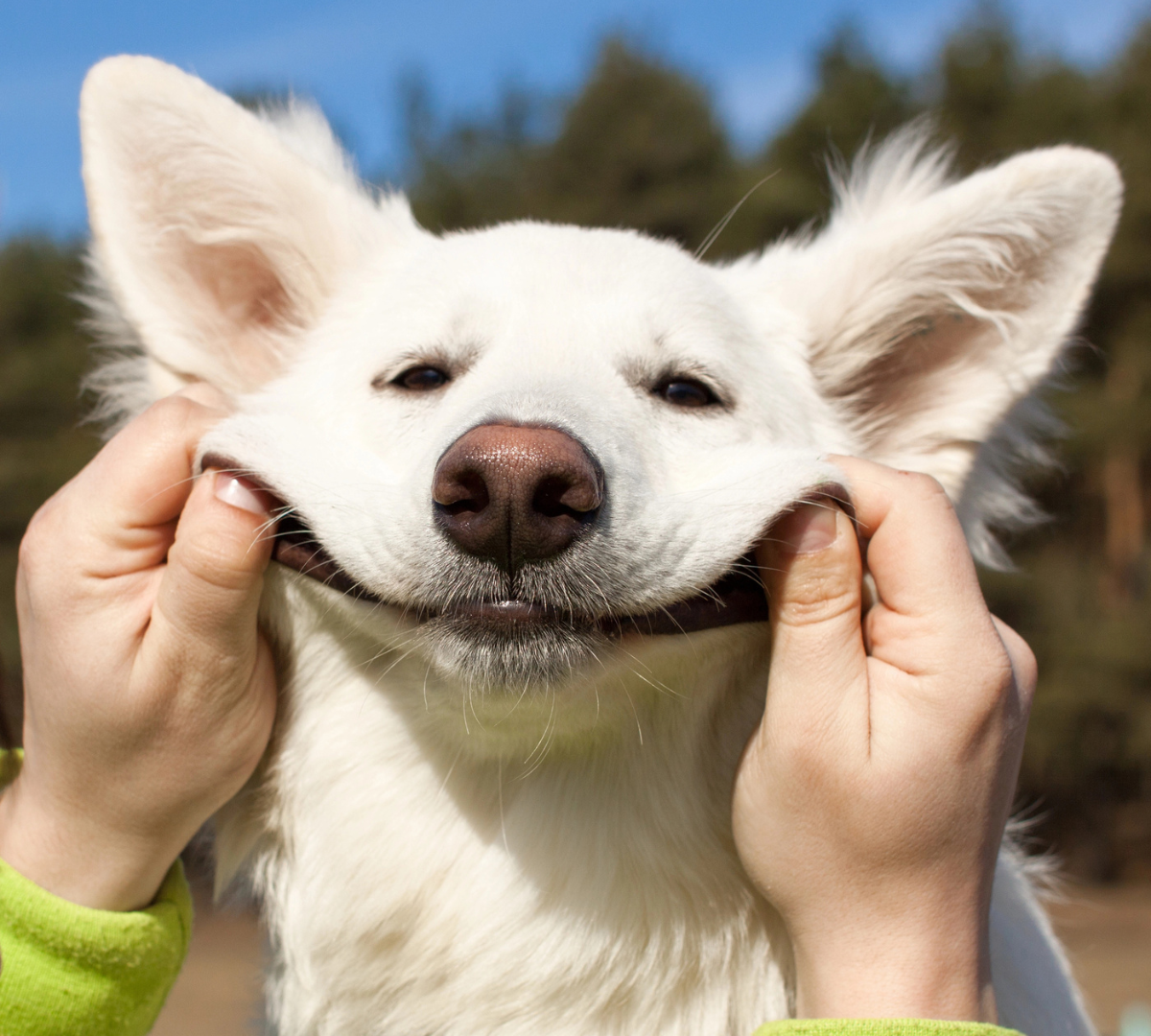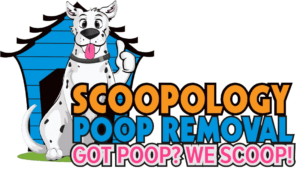
Is Dog Poop Bad for the Environment/ Does Dog Poop Kill Grass?
Dog ownership brings countless joys, but with it comes the responsibility of managing your pet’s waste. Unfortunately, many pet owners overlook the environmental impact of dog poop, mistakenly believing that it naturally decomposes and fertilizes the lawn. In reality, dog waste is a significant environmental pollutant and poses serious risks to human health and the health of your yard. In this comprehensive blog, we will explore in detail how dog poop affects the environment, its impact on grass, and what you can do to mitigate these issues.
The Environmental Impact of Dog Poop
Dog poop is not just an unsightly nuisance; it’s a serious environmental hazard. When left on the ground, it doesn’t simply disappear. Instead, rain washes it into storm drains, which lead directly to rivers, lakes, bays, and even beaches. This runoff can cause significant pollution, harming ecosystems and potentially making people and animals sick.
Water Contamination and Algae Blooms
One of the most concerning aspects of dog poop in the environment is its contribution to water pollution. The Environmental Protection Agency (EPA) warns that the waste from just 100 dogs in two or three days can contain enough bacteria to temporarily close a bay to swimming and shellfishing. Dog waste contains high levels of nitrogen and phosphorus, which are nutrients that can feed algae blooms in water bodies. These algae blooms deplete oxygen in the water, creating “dead zones” where aquatic life cannot survive. Furthermore, these blooms can release toxins that are harmful to both humans and animals.
Harmful Bacteria and Parasites
Dog poop is loaded with bacteria and parasites that can persist in the environment for years. According to the Centers for Disease Control and Prevention (CDC), dog waste can contain a variety of harmful organisms, including E. coli, Salmonella, Giardia, and Roundworms. These pathogens can survive in soil and water, posing a risk to both human and animal health. For example, E. coli can cause severe gastrointestinal illness in humans, and Roundworm larvae can cause blindness if they infect the eyes.
Does Dog Poop Kill Grass?
If you’ve ever noticed brown patches on your lawn where your dog has relieved itself, you’re not alone. Dog poop is highly acidic and, combined with its high nitrogen content, it can cause significant damage to grass. Here’s how:
The Role of Nitrogen
Nitrogen is a critical nutrient for plant growth, but too much of it can be harmful. Dog poop, like dog urine, contains high levels of nitrogen. When dog waste is left to decompose on your lawn, it releases a concentrated amount of nitrogen into the soil. While small amounts of nitrogen can promote healthy grass growth, too much can “burn” the grass, leading to those unsightly brown patches.
Acidic Waste and Soil Imbalance
Dog poop is also acidic, which can alter the pH balance of your soil. Healthy grass thrives in soil with a neutral pH, but dog waste can make the soil more acidic, further stressing the grass and contributing to its death. Over time, this acidic environment can lead to a lawn that struggles to grow, with patchy, thin grass that is more susceptible to disease and pests.
Slow Decomposition and Lasting Damage
Unlike other organic materials that decompose and nourish the soil, dog poop takes a long time to break down. During this extended decomposition process, it continues to release harmful substances into the soil, exacerbating the damage to your grass. In fact, some pathogens in dog waste can persist in your yard for up to four years, posing a long-term threat to your lawn’s health.
The Health Risks of Dog Poop
The impact of dog waste extends beyond the environment and your lawn; it’s also a public health concern. Dog waste is a vector for various diseases and parasites that can affect both humans and animals.
Zoonotic Diseases
Zoonotic diseases are infections that can be transmitted from animals to humans. Dog poop is a common source of zoonotic pathogens, including:
- Salmonella: This bacterium can cause severe gastrointestinal illness in humans, characterized by diarrhea, fever, and abdominal cramps. It is often spread through contact with contaminated dog waste.
- Giardiasis: Caused by the parasite Giardia, this disease can lead to diarrhea, cramps, and nausea. Humans can contract giardiasis by coming into contact with contaminated water or soil.
- Toxocariasis: This disease is caused by Roundworms (Toxocara canis) found in dog poop. In severe cases, the larvae can migrate to human organs, including the eyes, leading to serious complications like blindness.
Allergies and Respiratory Issues
In addition to zoonotic diseases, dog poop can exacerbate allergies and respiratory issues. As dog waste decomposes, it releases ammonia into the air. Ammonia is an irritant that can trigger respiratory problems, especially in individuals with asthma or other pre-existing respiratory conditions.

The Importance of Proper Waste Disposal
Given the environmental and health risks associated with dog poop, proper waste disposal is crucial. Many pet owners are unaware of the potential hazards of leaving dog waste on the ground, so education and awareness are key to encouraging responsible behavior.
Tips for Responsible Dog Owners
- Always Carry Poop Bags: When you walk your dog, make sure to carry more poop bags than you think you’ll need. It’s better to be over-prepared than to be caught without one.
- Pick It Up Every Time: Whether in public spaces or your own yard, always pick up after your dog. Leaving dog poop on the ground contributes to environmental pollution and can harm your lawn.
- Dispose of Waste Properly: Tie the poop bag securely and dispose of it in the trash. Dog waste should never be placed in compost or yard waste bins, as it can spread harmful pathogens.
- Clean Your Yard Regularly: Don’t let dog poop accumulate in your yard. Aim to pick up waste at least weekly to prevent environmental contamination and protect your lawn.
The Role of Professional Waste Removal Services
For pet owners who find it challenging to keep up with regular poop removal, professional pet waste removal services like Scoopology offer an excellent solution. These services ensure that your yard remains clean and free from the harmful effects of dog waste.
Benefits of Hiring a Professional Service
- Convenience: With a professional service, you don’t have to worry about finding time to pick up dog poop. The experts handle it for you, ensuring your yard stays clean.
- Environmental Protection: Professional services dispose of dog waste in an environmentally responsible manner, helping to prevent pollution and protect local waterways.
- Healthy Lawn: Regular removal of dog waste prevents the accumulation of harmful substances in your soil, helping to keep your grass healthy and vibrant.
The Impact of Dog Waste on Wildlife
Dog waste doesn’t just affect the environment and your lawn; it also poses a threat to local wildlife. The presence of dog poop in natural areas can disrupt ecosystems and endanger animals.
Disease Transmission to Wildlife
Dog waste can transmit diseases to wildlife, particularly small mammals that come into contact with contaminated soil or water. For example, Roundworms from dog poop can infect small mammals, leading to severe health problems. These diseases can have a cascading effect on the ecosystem, affecting the balance of species and the overall health of the environment.
Alteration of Natural Behavior
The scent of dog poop can attract certain wildlife, causing them to consume it and potentially become sick. Conversely, other animals may avoid areas where dog waste is prevalent, leading to changes in their natural behavior, such as feeding and breeding patterns. This disruption can result in a loss of biodiversity and negatively impact the health of the ecosystem.
How Dog Poop Affects Shellfish
One often-overlooked consequence of dog waste pollution is its impact on shellfish populations. Harmful bacteria from dog poop can find their way into shellfish, making them unsafe for human consumption.
Fecal Contamination and Shellfish Safety
There is a demonstrated relationship between fecal coliform bacteria found in water samples and the presence of illness-causing viruses and bacteria in shellfish. When people consume contaminated shellfish, they can become seriously ill. This is why dog waste pollution is a significant concern for shellfish safety, particularly in coastal areas where shellfishing is a common practice.
The Long-Term Effects of Dog Poop on Your Lawn
In addition to the immediate damage that dog poop can cause to your lawn, there are long-term effects to consider. The repeated exposure of your lawn to dog waste can lead to a cumulative impact that is difficult to reverse.
Soil Degradation
Over time, the acidic nature of dog poop and its high nitrogen content can lead to soil degradation. The soil becomes less fertile and less capable of supporting healthy plant growth. This can result in a lawn that is more prone to erosion, disease, and pest infestations.
Persistent Pathogens
As mentioned earlier, some pathogens in dog waste can persist in the soil for years. This means that even if you remove the visible waste, the microscopic organisms left behind can continue to pose a risk to both human and animal health. These pathogens can also inhibit the growth of grass and other plants, leading to a lawn that struggles to thrive.
What You Can Do to Protect Your Lawn and the Environment
Taking steps to manage dog waste properly is essential for protecting your lawn, the environment, and public health. Here’s what you can do:
- Educate Yourself and Others: Understanding the risks associated with dog waste is the first step in making informed decisions. Share this knowledge with fellow pet owners to encourage responsible behavior.
- Adopt Good Lawn Care Practices: Regularly remove dog waste from your lawn and consider using lawn treatments that can help neutralize the harmful effects of dog waste. Aerating your lawn and maintaining proper fertilization and watering schedules can also help mitigate the damage caused by dog poop. Additionally, consider using lime or gypsum to help balance the pH of your soil if it has become too acidic due to pet waste.
- Use a Professional Service: If managing dog waste becomes overwhelming, consider hiring a professional pet waste removal service like Scoopology. They can ensure that your yard remains clean, healthy, and free from harmful substances that dog waste can introduce.
- Advocate for Community Action: Encourage your local community to install more dog waste stations in public areas and promote responsible pet ownership through awareness campaigns. A cleaner environment benefits everyone, from pet owners to wildlife and beyond.
- Implement a Waste Management Routine: Develop a consistent routine for picking up dog waste, whether it’s after every walk or a daily sweep of your yard. Consistency is key to preventing waste buildup and ensuring your lawn stays healthy.
Dog poop is more than just a minor inconvenience; it’s a significant environmental pollutant and a health hazard. From contaminating waterways to killing grass, the effects of dog waste are far-reaching and can have long-lasting consequences. However, by taking responsible steps to manage and dispose of dog poop properly, pet owners can protect the environment, maintain a healthy lawn, and contribute to the well-being of their community.
Regular waste removal, whether done personally or through a professional service like Scoopology, is essential to keeping your yard and environment clean. Educating others about the importance of responsible pet ownership can also help create a more sustainable and healthier world for everyone.
Contact Information
At Scoopology, we’re dedicated to making your life easier and your yard cleaner. Our professional team is committed to providing top-quality pet waste removal services, ensuring that your lawn stays green, healthy, and free from harmful dog waste. Whether you need a one-time cleanup or regular service, we have options that fit your needs.
We understand the importance of a clean environment and the impact it has on your health and well-being. That’s why we offer reliable, eco-friendly services that make it easy for you to manage pet waste responsibly. Our team is always ready to answer any questions you have and help you choose the best plan for your yard.
To learn more about our services or to schedule a cleanup, contact us today. You can reach us by phone, email, or through our website’s contact form. Follow us on social media for tips, updates, and special offers. At Scoopology, we’re not just removing waste; we’re helping you enjoy a cleaner, greener, and healthier outdoor space. Don’t let dog poop damage your lawn or the environment—let Scoopology take care of it for you!

